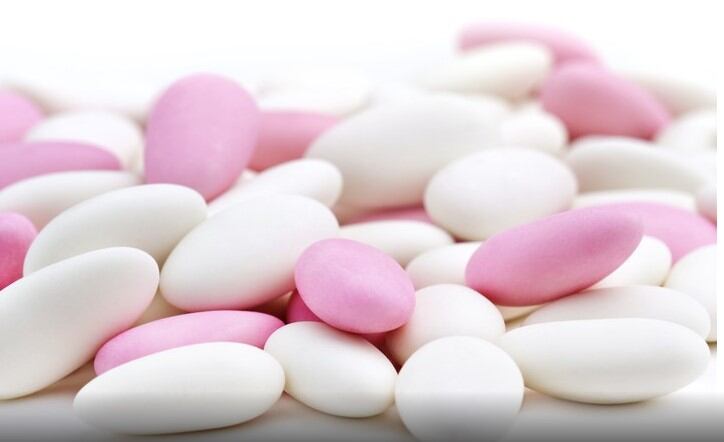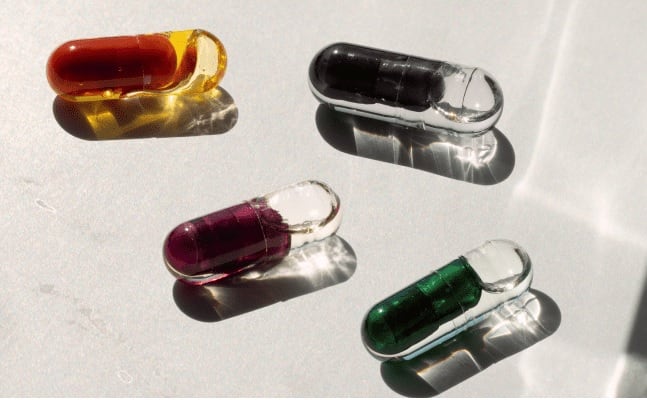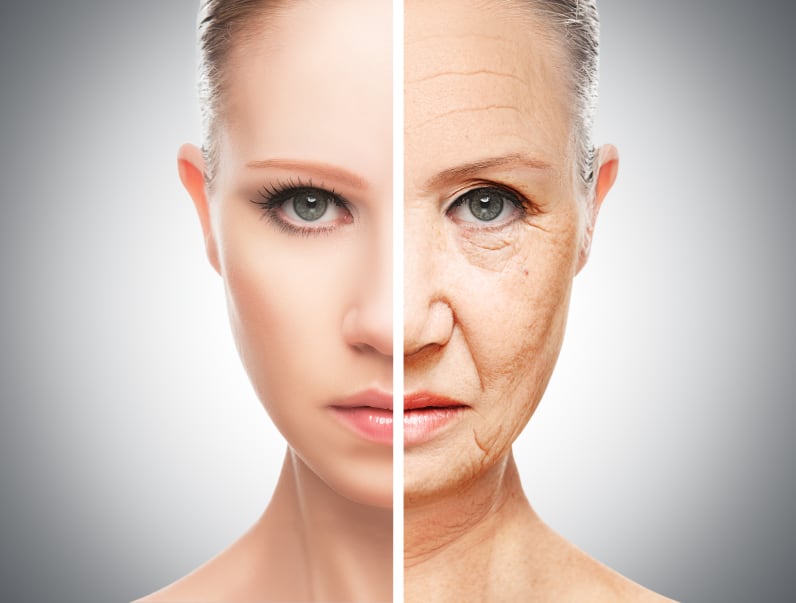In an updated evaluation by the European Food Safety Authority (EFSA), its scientists could not come to any firm conclusions about Titanium dioxide (E171) nor could they rule out certain health concerns based on new data.
“Taking into account all available scientific studies and data, the Panel concluded that titanium dioxide can no longer be considered safe as a food additive,” says Professor Maged Younes, Chair of EFSA’s expert Panel on Food Additives and Flavourings (FAF).
“A critical element in reaching this conclusion is that we could not exclude genotoxicity concerns after consumption of titanium dioxide particles. After oral ingestion, the absorption of titanium dioxide particles is low, however they can accumulate in the body”.
When used as a white pigment, titanium dioxide is useful in boosting the brightness and opaque properties of supplements.
However, it is considered a controversial ingredient owing to its associations with negative effects to the immune and reproductive systems.
Further studies have suggested its nanoparticle form may allow it to pass through the protective walls of the lungs, liver and intestines.
Industry reaction
The industry has gradually acknowledged the controversy, which has caused a rethink in product offerings, as a response to consumer demands for a clean-label as well as vegetarian and vegan options.
In 2019, Swiss multinational Lonza made available its titanium-dioxide-free Vcaps Plus White Opal capsule, that uses an alternative opacifier to offer a natural semi-opaque look that masks unattractive food supplement ingredients.
Organisations in the cosmetic industry are also responding to changing requirements as chemicals giant Dow now produce a sun care product that uses polymer technology designed to enhance the SPF performance by improving the dispersion of inorganic particle such as titanium dioxide (TiO2).
With EFSA’s opinion now published, risk managers at the European Commission and in EU Member States have been informed of the agency’s conclusions and will consider appropriate action to take to ensure consumers’ protection.
These managers will ultimately decide whether to impose any legislative or regulatory decisions on the authorisations of such food additives, which can include an indefinite ban.
“Although the evidence for general toxic effects was not conclusive, on the basis of the new data and strengthened methods we could not rule out a concern for genotoxicity and consequently we could not establish a safe level for daily intake of the food additive,” adds Professor Matthew Wright, a member of the FAF Panel and Chair of EFSA’s working group on E 171.
E171 assessment history
E171’s safety was re-evaluated by EFSA in 2016, where they advised new studies be carried out to fill gaps on possible effects on the reproductive system.
This would allow EFSA to set an Acceptable Daily Intake (ADI). The evaluation also highlighted the particle size and distribution of titanium dioxide as an area of concern.
In 2019, EFSA published a statement on the review of the risk related to the exposure to E171 performed by the French Agency for Food, Environment and Occupational Health Safety (ANSES).
Here, EFSA said ANSES’ opinion repeated the uncertainties and data gaps previously identified by EFSA and did not present findings that invalidated the EFSA’s previous conclusions on its safety.
In the same year, the Netherlands Food and Consumer Product Safety Authority (NVWA) also highlighted the importance of examining immunotoxicological effects in addition to potential reprotoxicological effects.




